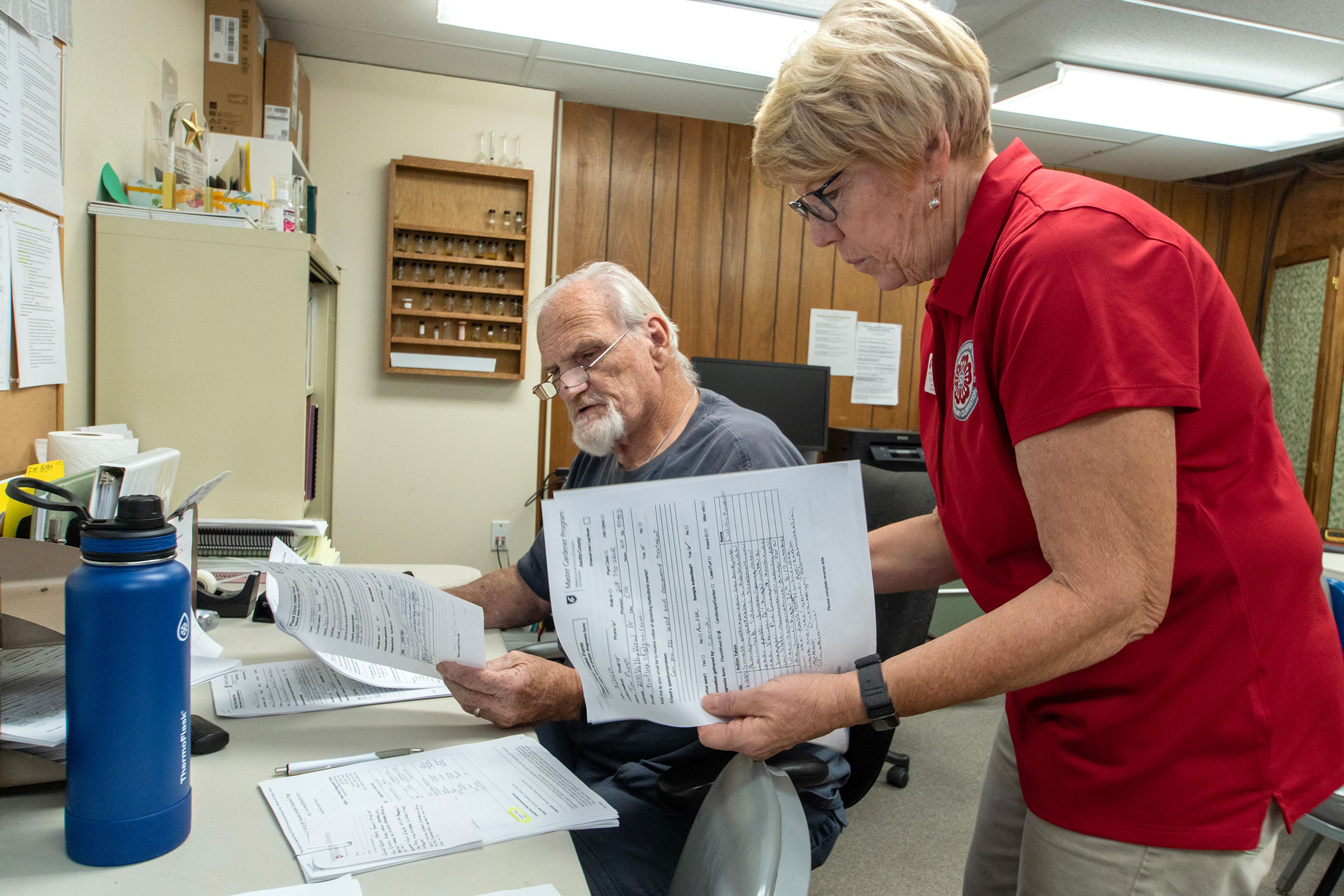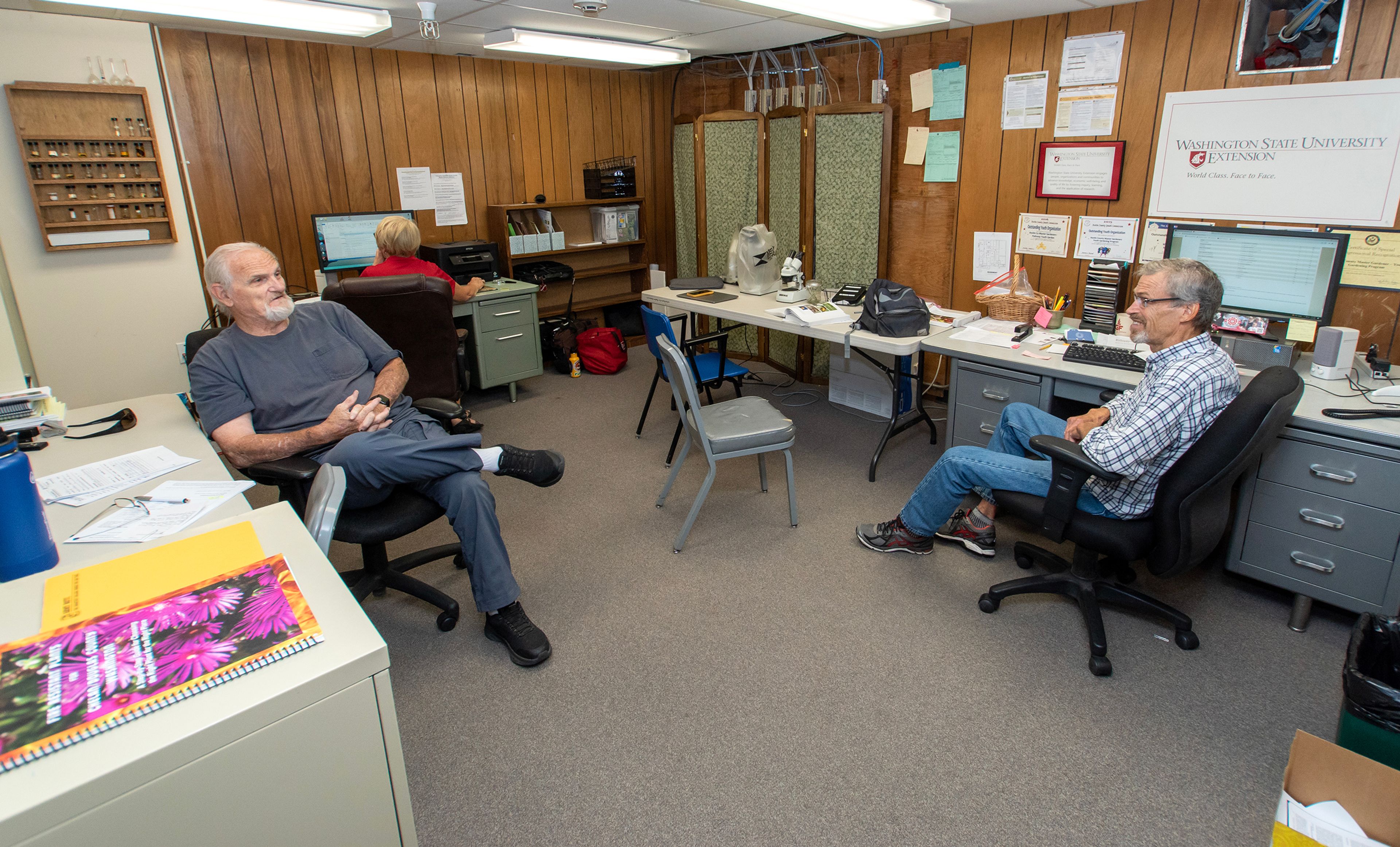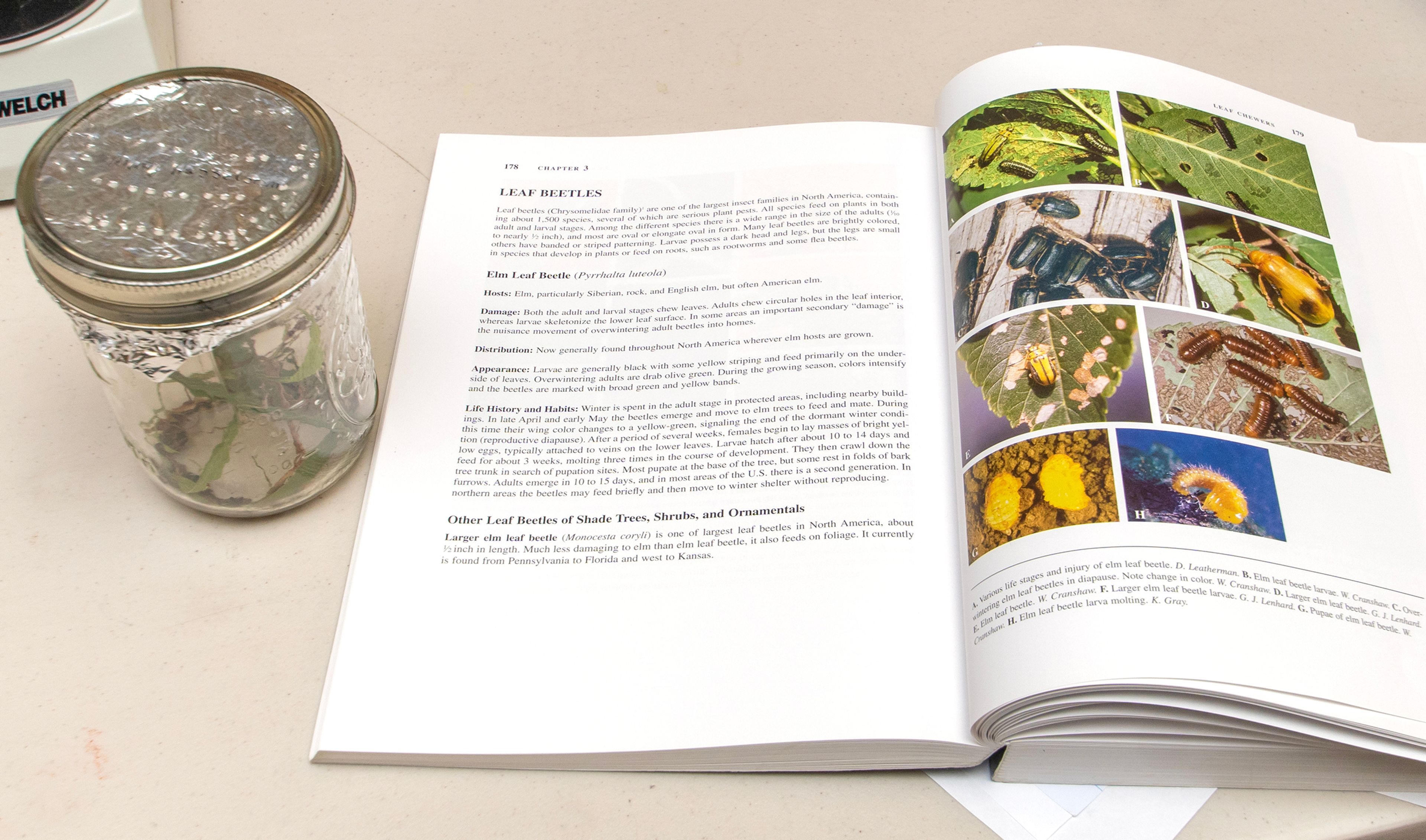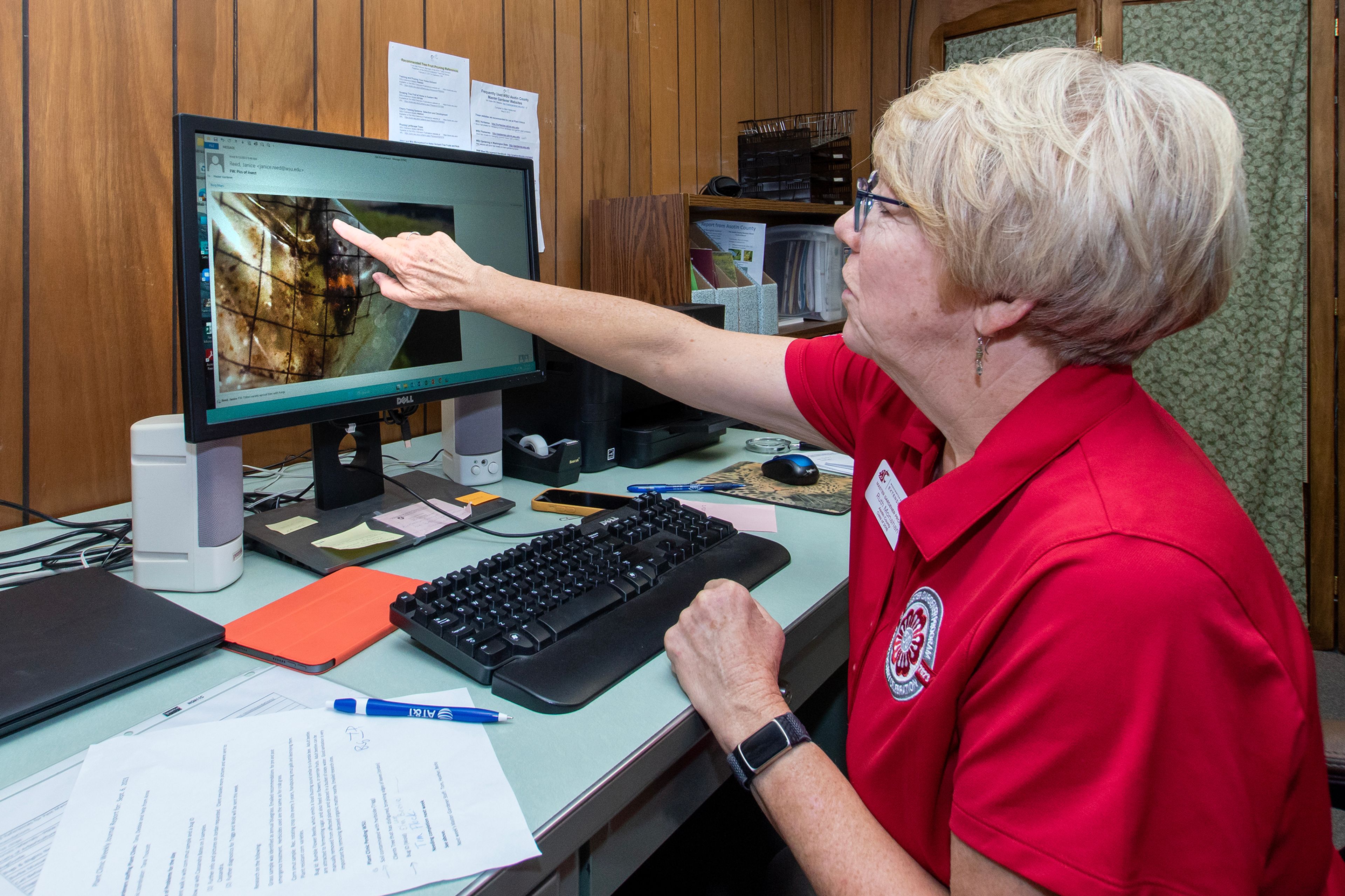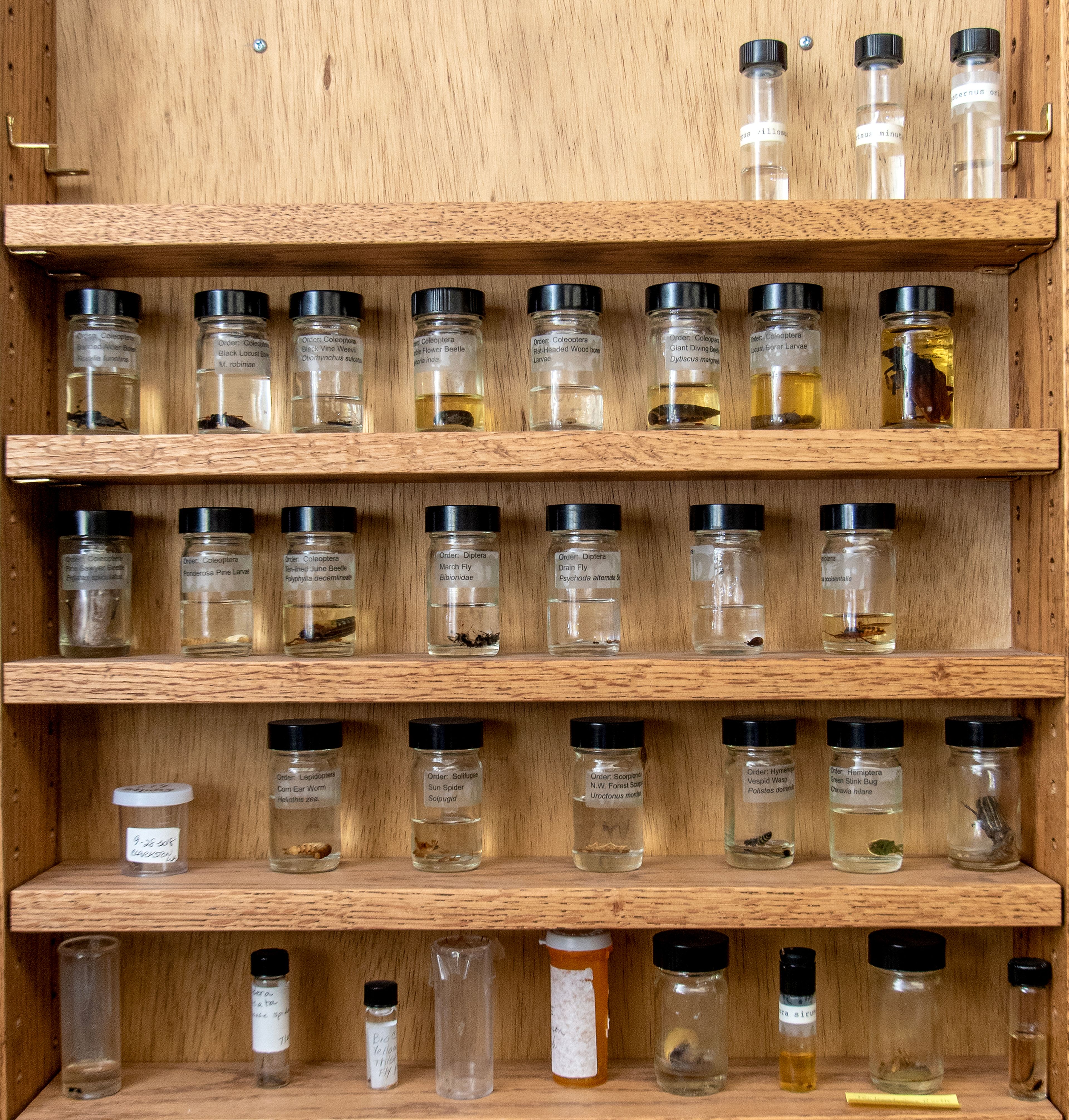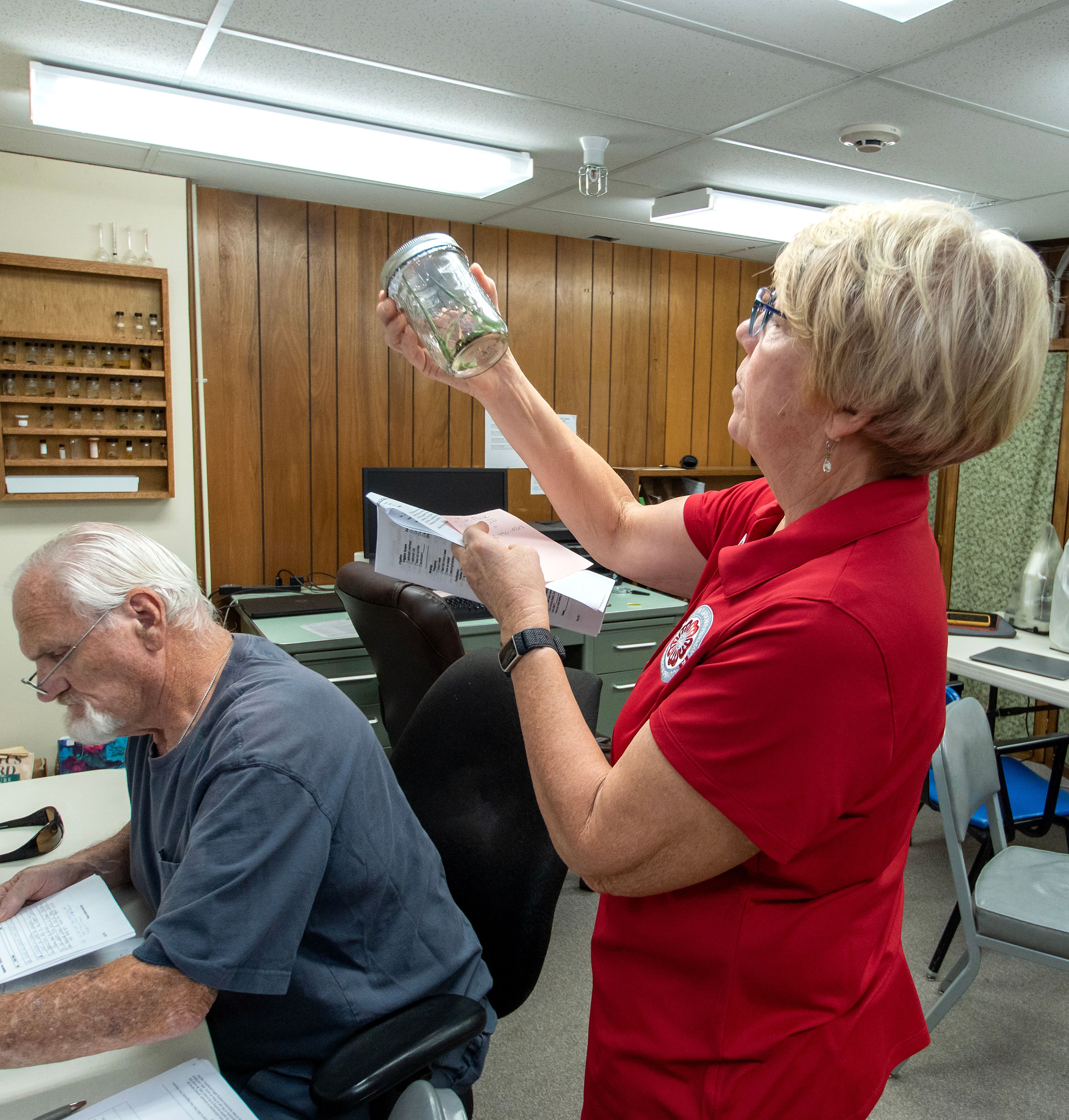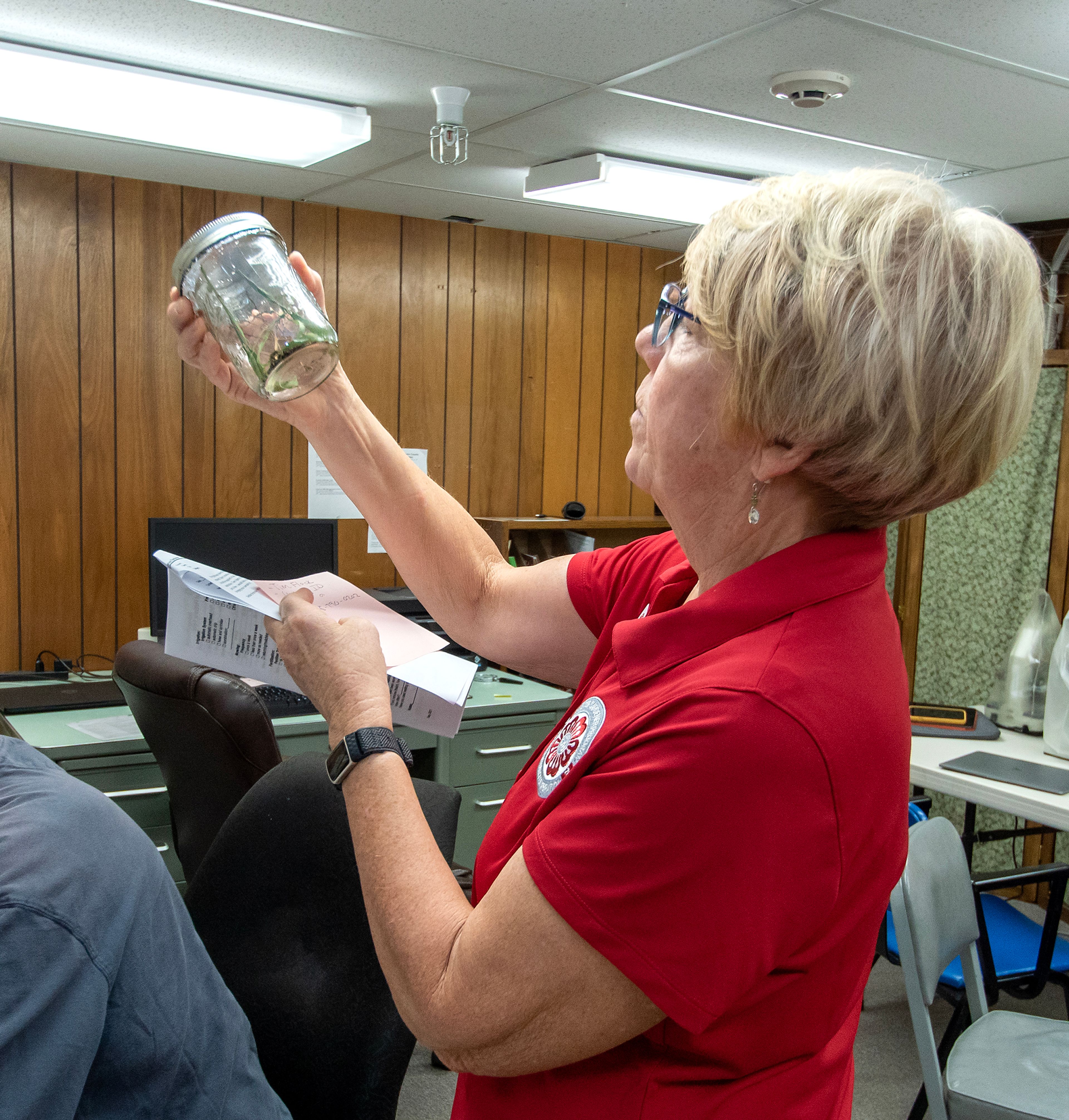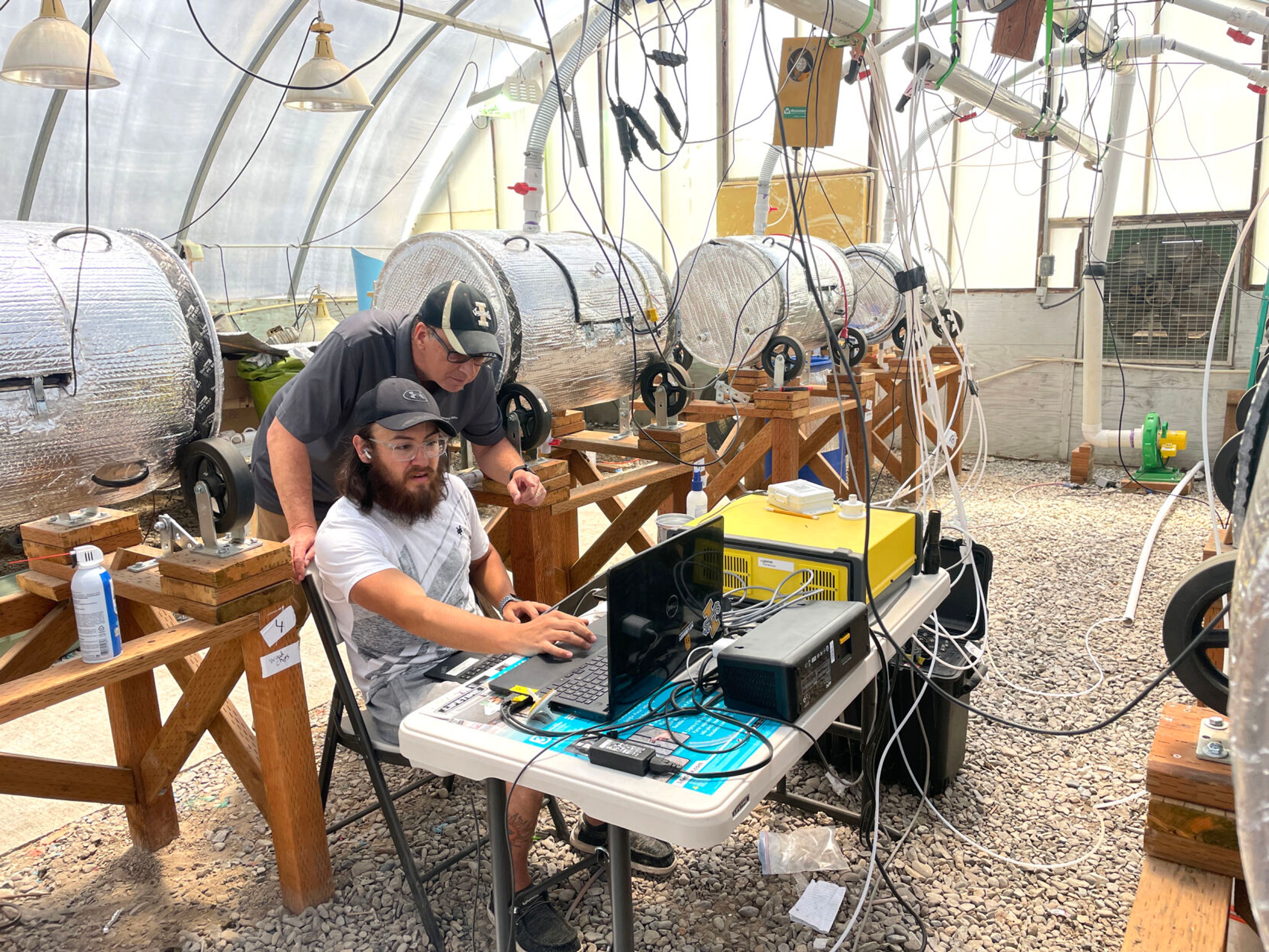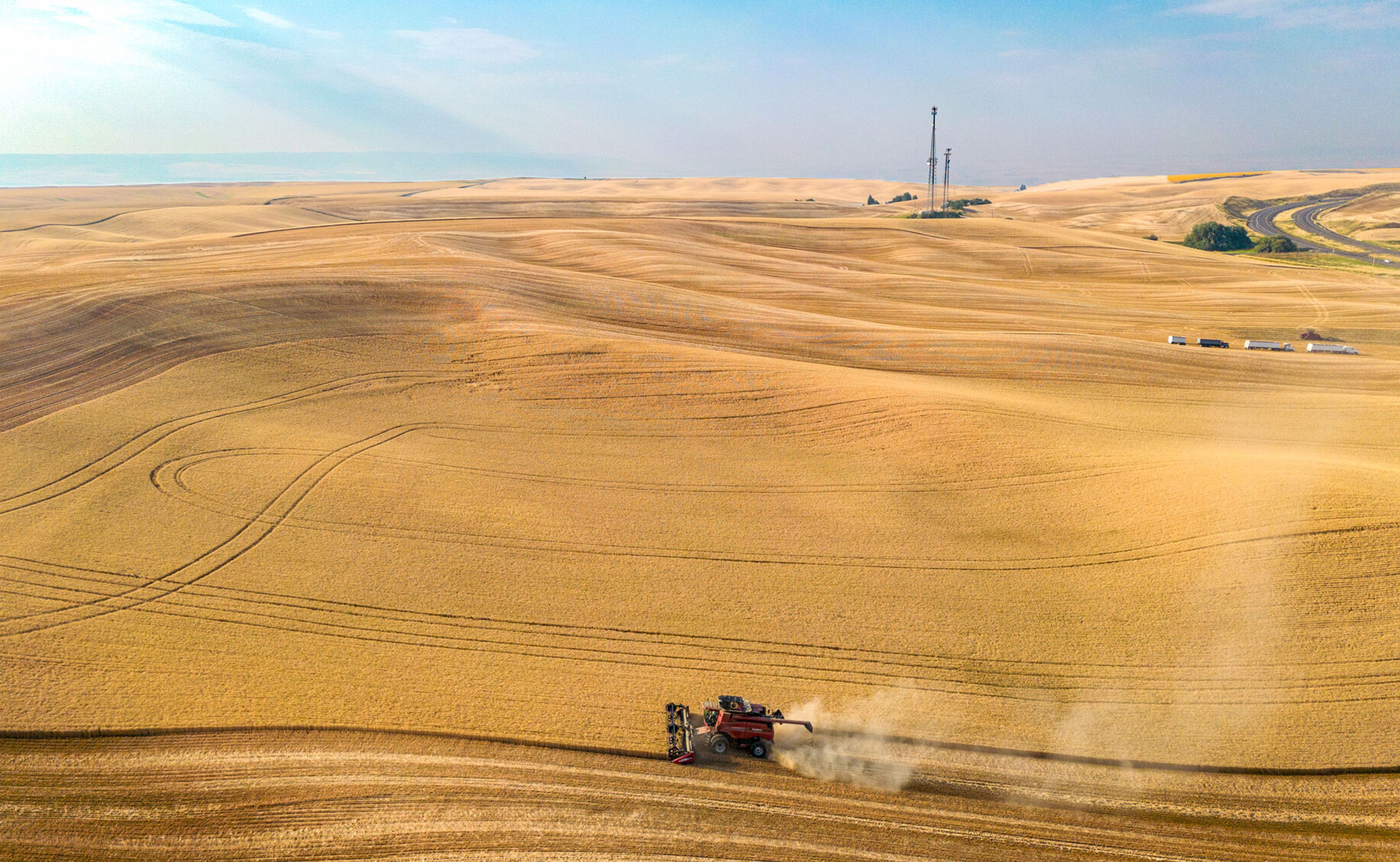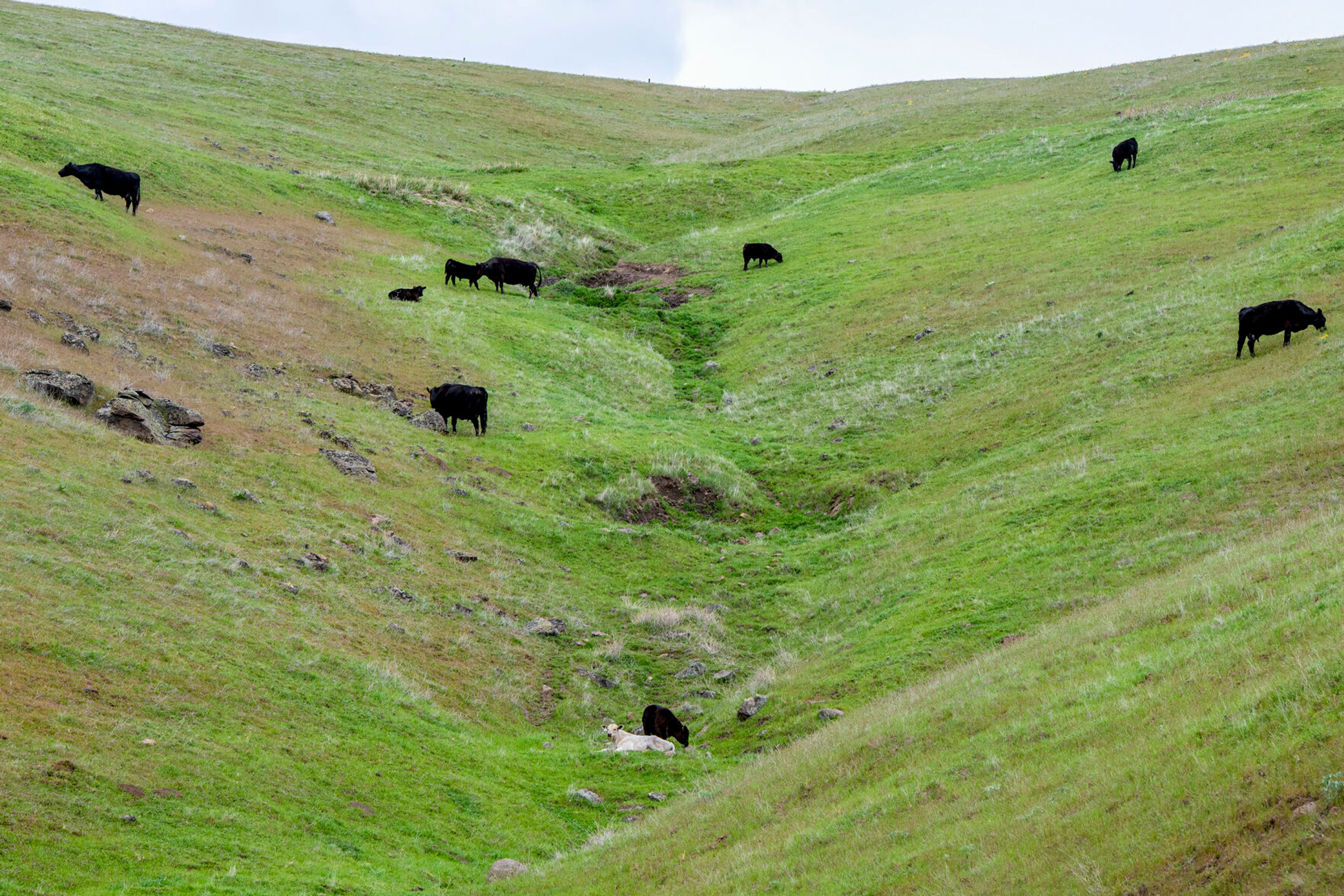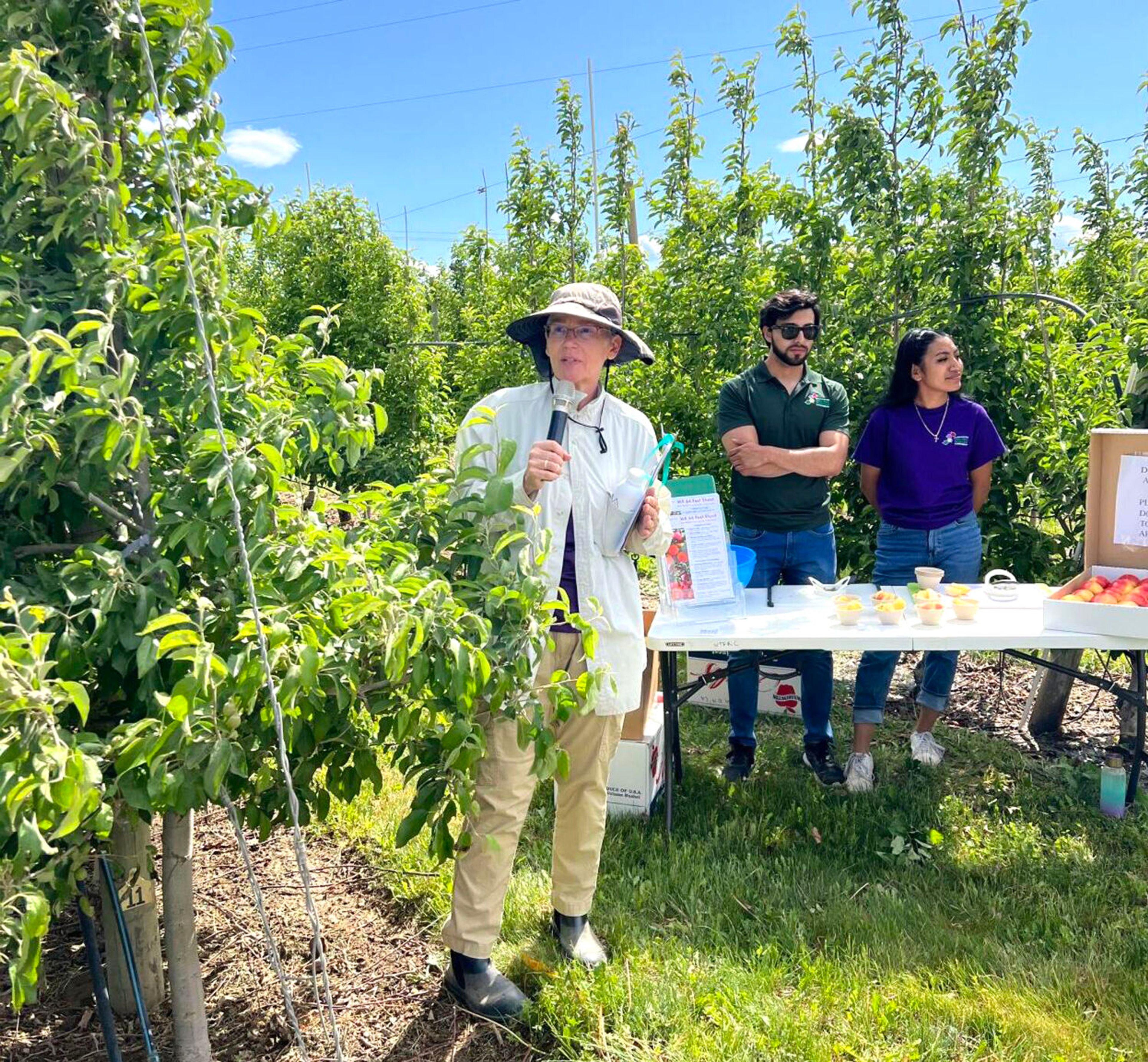Masters of the horticultural arts
Master Gardener program got its start 50 years ago, and has been going strong in Asotin County since 1995
The Washington State University Master Gardener program is one of the most successful volunteer organizations in the state for providing research-based horticultural and environmental stewardship education to the public.
This year marks the 50th anniversary of the Master Gardener program under the Cooperative Extension Service in the U.S. that began in 1973 in the Puget Sound area. It has now spread to most counties in Washington and is active in 45 other states.
Asotin County volunteers were first trained in 1995, followed by gardening volunteers in Garfield County in 2004.
“I would call it a very successful extension program,” said WSU Asotin County Extension Educator Mark Heitstuman.
“It’s a great program and we’re doing a lot of partnership work. Our county commissioners have provided an office area and a little support, and it’s a great use of a county resource. We have highly trained, enthusiastic volunteers and they do a lot of good for our county. It’s my favorite volunteer group,” he said.
According to the Asotin-Garfield county 2022 annual impact report, 32 WSU Master Gardeners made 1,723 contacts throughout the year; donated 2,122 volunteer hours; and donated 406.5 pounds of fresh produce to the Food Bank.
Volunteers staffed 35 garden clinics throughout the season in 388 volunteer hours, which was a 36% increase from 2021.
Master Gardeners go through an extensive training process that prepares them to field questions from clean water to plant biodiversity and nearby nature.
Heitstuman said there has been an emphasis on expanding the program’s outreach. Classes are sometimes held in partnership with the Asotin County Library and some area elementary schools where students plant and tend their own community gardens and learn about healthy food and nutrition. Master Gardeners also volunteer at the Clarkston Community Garden and offer hands-on workshops to the public.
Heitstuman said this year Master Gardeners were asked a lot of questions having to do with lawns.
“That was probably because of the warm, dry spring and summer,” he said. “Some questions (had to do with) diseases, lots of proper watering questions. Kentucky bluegrass wants to shut down during hot weather and people want to know why.”
Heistuman noted that Nez Perce County Master Gardeners also had a lot of questions having to do with lawns after the city’s High Reservoir failed and people were restricted on outdoor water usage.
“There were a lot of questions on insects, like squash bugs,” Heitstuman said. “It seemed like it was a great summer for insects in general.”
Heitstuman said the program is always looking for more volunteers and a training session will begin in January through April. Anyone seeking more information about the program or who would like to be included on a mailing list may contact Janice Reed at the Asotin County Extension Office at jreed@co.asotin.wa.us or may call (509) 243-2009. n
Hedberg may be contacted at khedberg@lmtribune.com.
